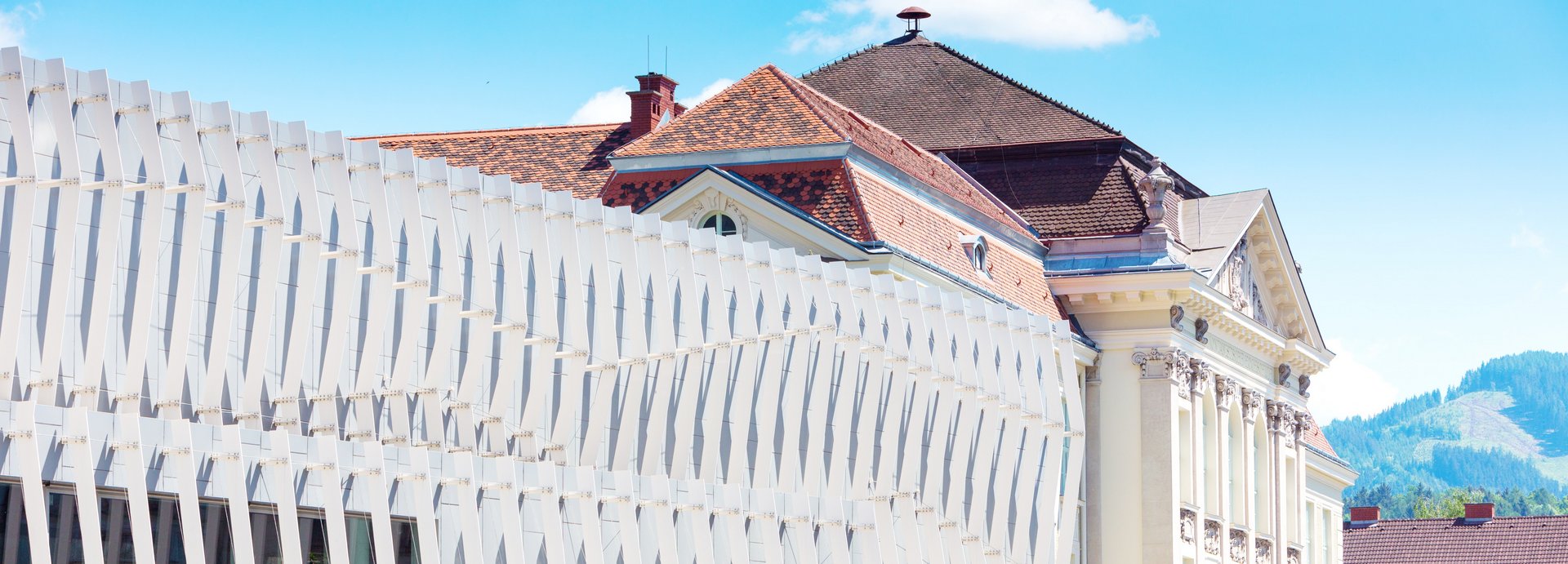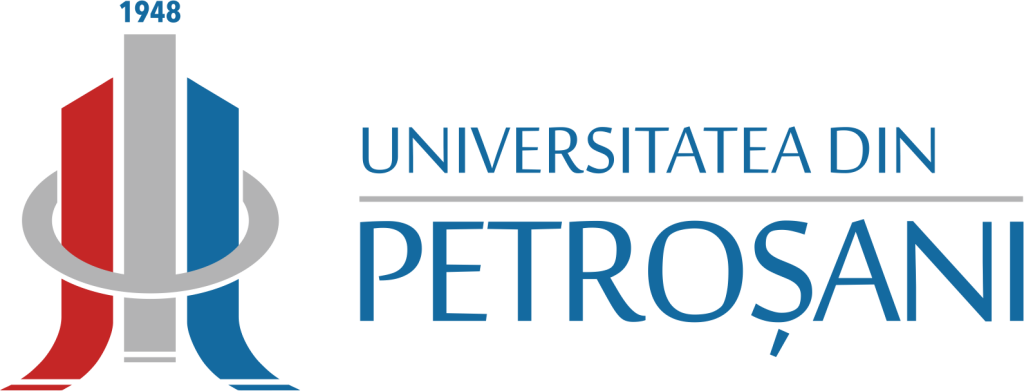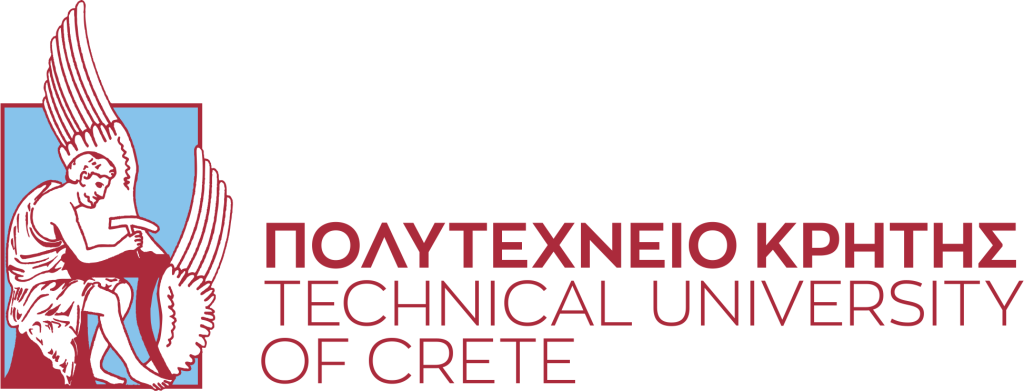Master Programmes
Interested in topics of climate change, sustainability, responsible consumption and production? Benefit from the EURECA-PRO Alliance
Deepen your scientific education
Through advanced and specialized knowledge in Responsible Consumption and Production
The programme teaches the circularity of products and systems at a technical-scientific level.
Thus, it develops competences with regard to:
Resource efficiency
Reduction of greenhouse gas emissions
Development of sustainably usable and recyclable products
Find your MSc programme
Across the EURECA-PRO alliance a number of Master Programmes are offered with the aim to provide students with a solid basis in responsible consumption and production topics with a focus on transversal and European skills.

MSc Management and Production Engineering
Silesian University of Technology
Starting
March 2023
Duration
3 semesters (1,5 year)
Language of the Programme
English
Key contact person
Magdalena Palacz:
magdalena.palacz@polsl.pl
Local website of the programme
www.irk.polsl.pl/en-gb/
MSc Responsible Consumption and Production
Montanuniversität Leoben
Starting
October 2023
Duration
3 semesters (1,5 year)
Language of the Programme
English & German
Key contact person
Denise Chousi:
denise.chousi@unileoben.ac.at
Local website of the programme
www.unileoben.ac.at/eureca-pro/en/rcp-master
MSc Responsible Consumption and Production in the field of Industrial Engineering
Universitatea din Petroșani
Starting
October 2023
Duration
4 semesters; 120 ECTS
Language of the Programme
English
Key contact person
Diana Marchis:
dianamarchis@upet.ro
Local website of the programme
www.upet.ro/educatie/programe-studii-master/rcp/
Master in Technology & Innovation Management (MTIM)
Technical University of Crete
Starting
February 2024
Duration
2 or 4 semesters, 75 ECTS
Language of the Programme
English
Key contact person
Loukia Papadaki:
mtim@tuc.gr
Local website of the programme
www.mtim.tuc.gr/en/home
Master in Sustainable Engineering and Climate Change
Technical University of Crete
Starting
2024
Duration
3 semesters, 90 ECTS
Language of the Programme
English
Key contact
grammateia-chenveng@tuc.gr
Local website of the programme
www.chenveng.tuc.gr/en/studies/postgraduate
Master in Machine Learning and Data Science (MLDS)
Technical University of Crete
Starting
2024
Duration
2 semesters, 60 ECTS
Language of the Programme
English
Key contact person
ece_secretary@tuc.gr
Local website of the programme
www.mlds.tuc.gr/en/home
Master in Sustainable Technologies of Energy Resources and Raw Materials
Technical University of Crete
Starting
Academic year 2024-2025
Duration
Three (3) semesters, 90 ECTS
Language of the Programme
English
Key contact
grammateia-chenveng@tuc.gr
Local website of the programme
www.chenveng.tuc.gr/en/studies/postgraduate
Career Opportunities
Graduates of the MSc study programmes on Responsible Consumption and Production occupy national and international key positions in companies, institutions and organisations in the industry and government authorities. With their in-depth knowledge and impressive European network, they are highly sought-after experts who have the ability to structure and link all steps in the product life cycle in a sustainable way – from the extraction of raw materials, to the production and consumption and ultimately the recycling of goods. Relevant industry sectors in which graduates can apply their knowledge and competence as leading engineers may include:
- Raw material extraction and processing industry,
- Cement and binder industry,
- Metallurgical industry,
- Companies in the recycling sector,
- Plastics industry,
- Product manufacturing companies,
- Plant construction companies.

Responsible Consumption and Production graduates are highly sought-after experts in state institutions at national and international/European level. Their expertise is in great demand with regard to the development of regulations towards circular economy and sustainably designed material flows in the production and consumption sector.
Did you know?
Montanuniversität Leoben, TU Bergakademie Freiberg and Universidad de León signed the agreement for the first international Joint Master’s Programme in Responsible Consumption and Production (RCP), launched by EURECA-PRO, starting next academic year 2023/2024.
Discover more about our Joint Master’s Degree in Responsible Consumption and Production and how to apply.







